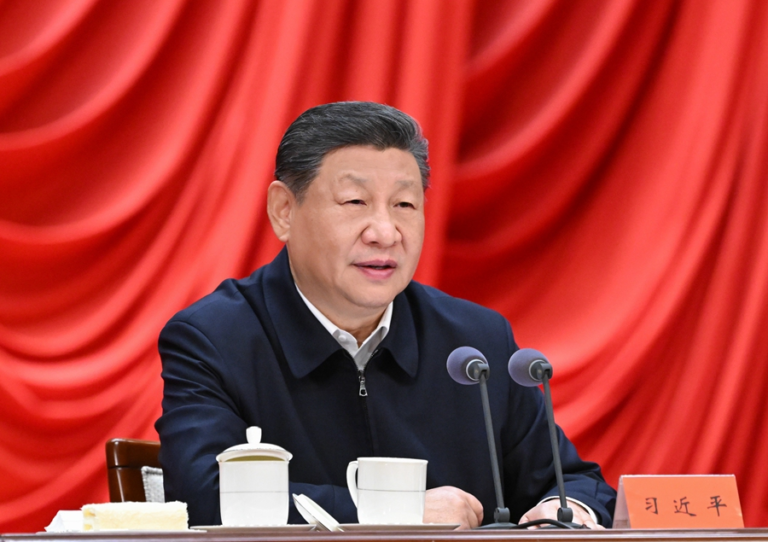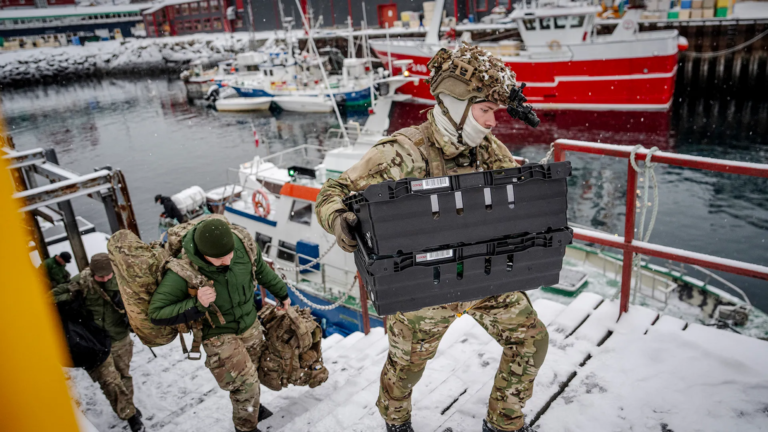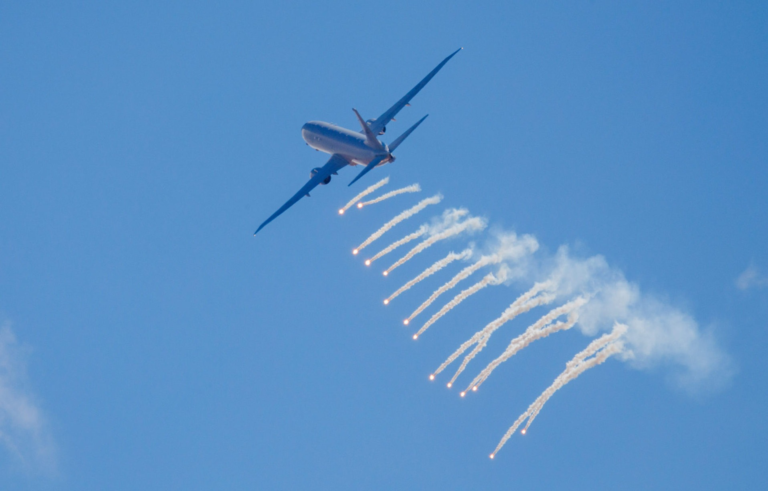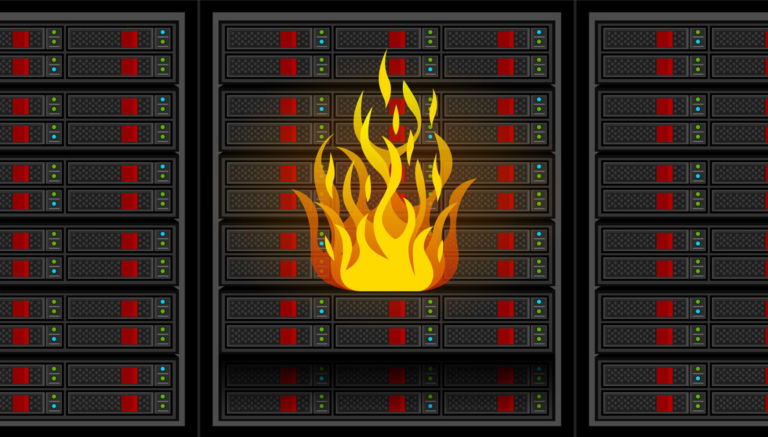
North Korea enabled Russia to increase missile attacks against critical Ukrainian civilian infrastructure and supplied more than 20,000 containers of munitions, according to Australia, Japan, New Zealand, South Korea, the United States and six other United Nations members.
The group, called the Multilateral Sanctions Monitor Team, reported in late May 2025 that Moscow, in turn, helped North Korea improve missile performance by supplying data.
The 11-nation team, also including Canada, France, Germany, Italy, Netherlands and the United Kingdom, launched in October 2024 to monitor U.N. sanctions against North Korea after Russia and China scrapped a previous Security Council enforcement tool. Russia vetoed renewing the prior U.N. panel that, for 15 years, enforced sanctions over North Korea’s nuclear and missile programs. China abstained from the vote.
As many as 9 million rounds of artillery and rocket launcher ammunition were shipped from North Korea to Russia by Russian cargo vessels as part of military cooperation between the two countries in violation of U.N. sanctions, the report said.
“At least for the foreseeable future, North Korea and Russia intend to continue and further deepen their military cooperation in contravention of relevant U.N. Security Council resolutions,” the group said.
North Korea’s help “contributed to Moscow’s ability to increase its missile attacks against Ukrainian cities including targeted strikes against critical civilian infrastructure,” the report said.
Since it started shipping ammunition to Russia in September 2023, North Korea has transferred at least 100 ballistic missiles, self-propelled artillery, long-range multiple rocket launchers and munitions to them, it said.
Russia in return “supported North Korea’s ballistic missile programs by providing data feedback … leading to improvements in missile guidance performance,” it said. Moscow also provided air defense equipment and antiaircraft missiles as well as electronic warfare systems to North Korea, it said.
The cooperation provided resources for North Korea to fund its military and banned ballistic missile programs, and it allowed the more than 11,000 troops Pyongyang has deployed to Russia since October 2024 to gain first-hand military experience, the team said.
In April, North Korea and Russia confirmed the troop deployment as part of a comprehensive strategic partnership treaty their leaders signed in 2024. The treaty includes a mutual defense pact.
The report covers the period from January 1, 2024, through April 30, 2025. The team said it will continue monitoring implementation of U.N. resolutions “and raise awareness of ongoing attempts to violate and evade U.N. sanctions,” The Associated Press reported. The monitoring team urged North Korea “to engage in meaningful diplomacy.”





